Fall SIRCuit
With the Canadian Sport Policy (CSP) set to be renewed in 2023, this is the second of a 2-part SIRCuit series exploring the future of sport of Canada. To inform the renewal process, SIRC has held a series of Canada-wide engagements from across the country and sport sector.
IN THIS ISSUE
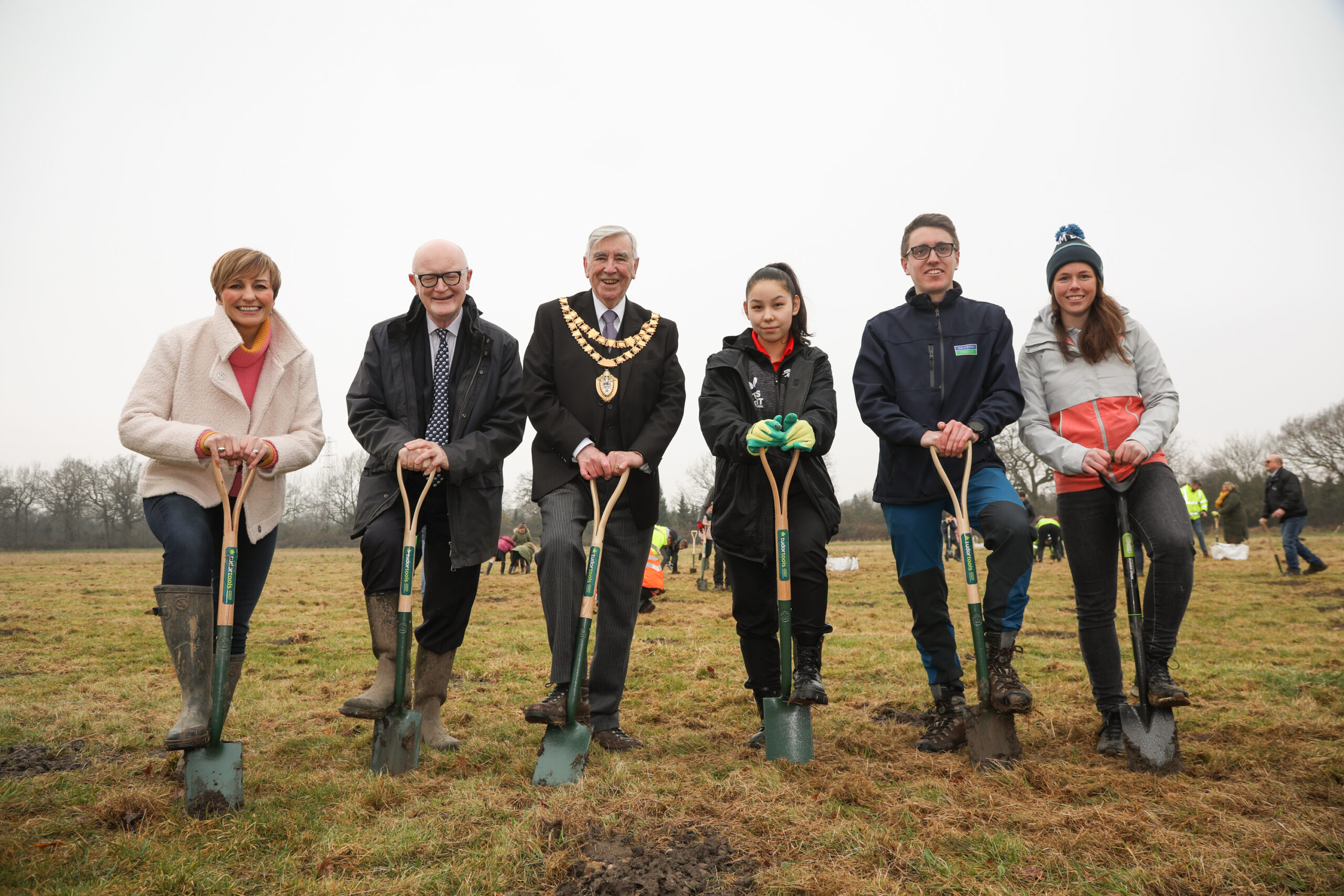
This article takes a look at some of the ground-breaking initiatives taking place this summer at the Commonwealth Games in Birmingham, and how Team Canada has added sustainability to its preparation. We’re also putting the spotlight on a group of Canadian Olympians offering support to sport organizations in the areas of sustainable practices and carbon reduction, and how one provincial sport organization is leading the way with a sustainability charter.
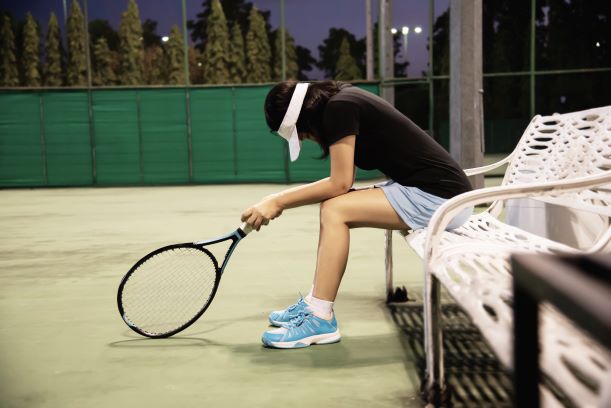
Since 2018, a rapid increase in the number of reported and high publicized cases of maltreatment has catapulted safe sport to the top of the priority list for sport policymakers around the globe. Over the past year (2021 to 2022), SIRC interviewed high performance athletes across the country about their experiences with safe and unsafe sport. We talked to them in one-on-one confidential conversations about what safe sport means to them and when they feel unsafe in sport. We also asked about how a culture of safe sport might be realized.
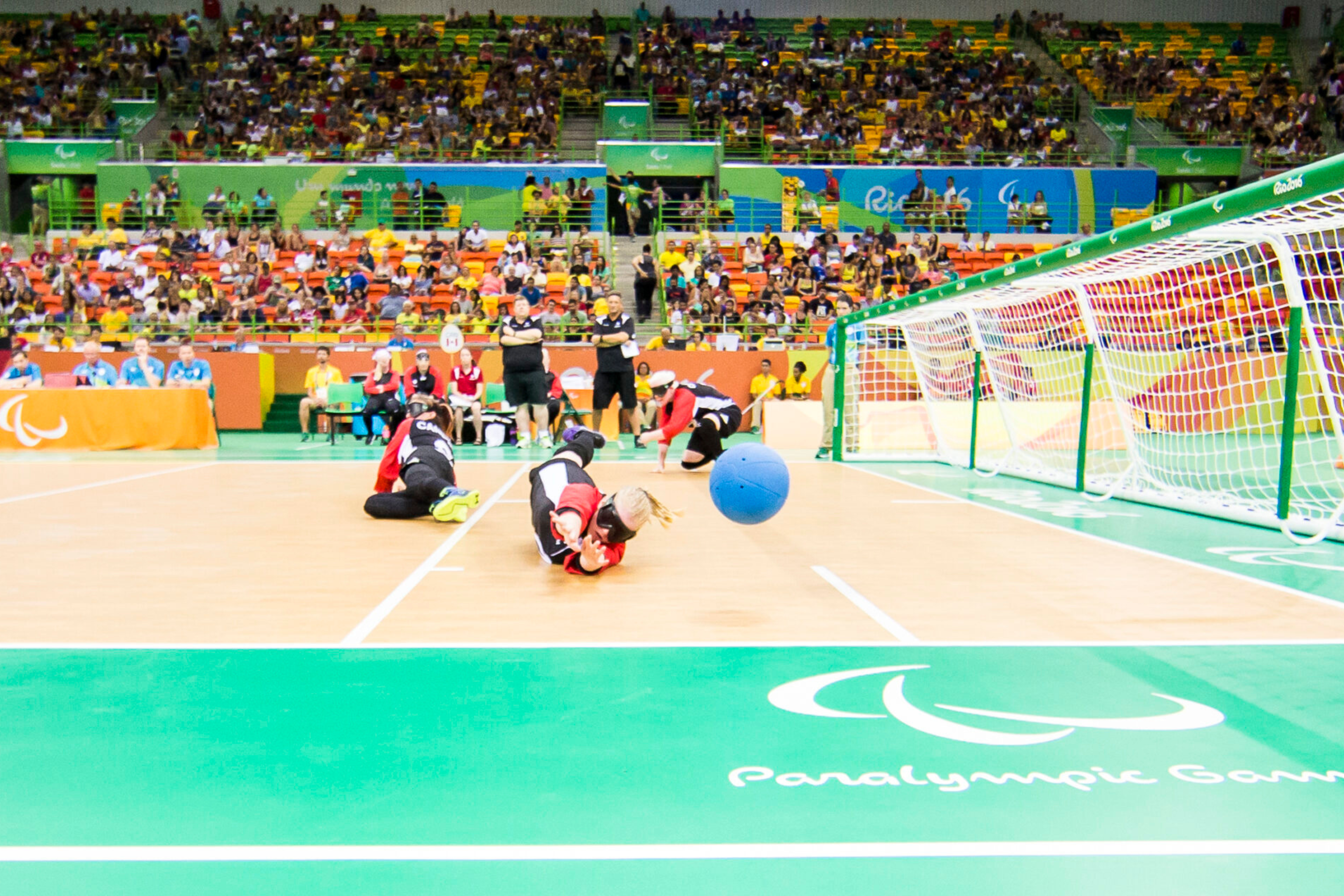
When Jenny Davey first started working at the Canadian Paralympic Committee (CPC) in 2014, she had no idea how much a fledgling research partnership would shape the work she does in the Paralympic sport system 8 years later. The Canadian Disability Participation Project (CDPP), a cross-sector network of partners working together to enhance community participation, including in sport and exercise, among Canadians with disabilities. Here, “participation” refers to both the quantity and quality of a person’s involvement in an activity.
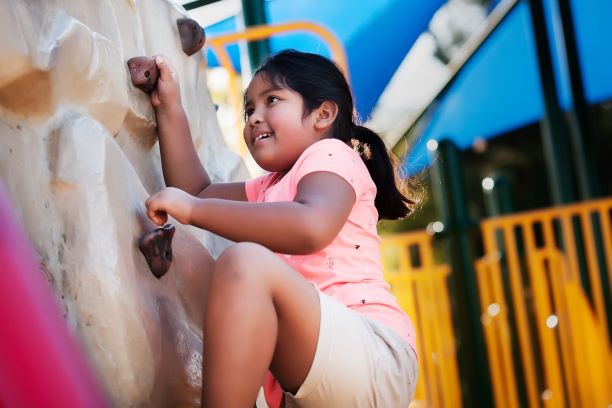
What’s the best path to the podium? Which is correct? What does the latest research say? And if we aren’t aiming at the podium but instead at healthy, lifelong participation, does early specialization make any sense at all? These are the questions behind the debate between early specialization and early diversification. Based on a comprehensive review of 139 research publications, this article breaks down the latest evidence to help answer these questions.
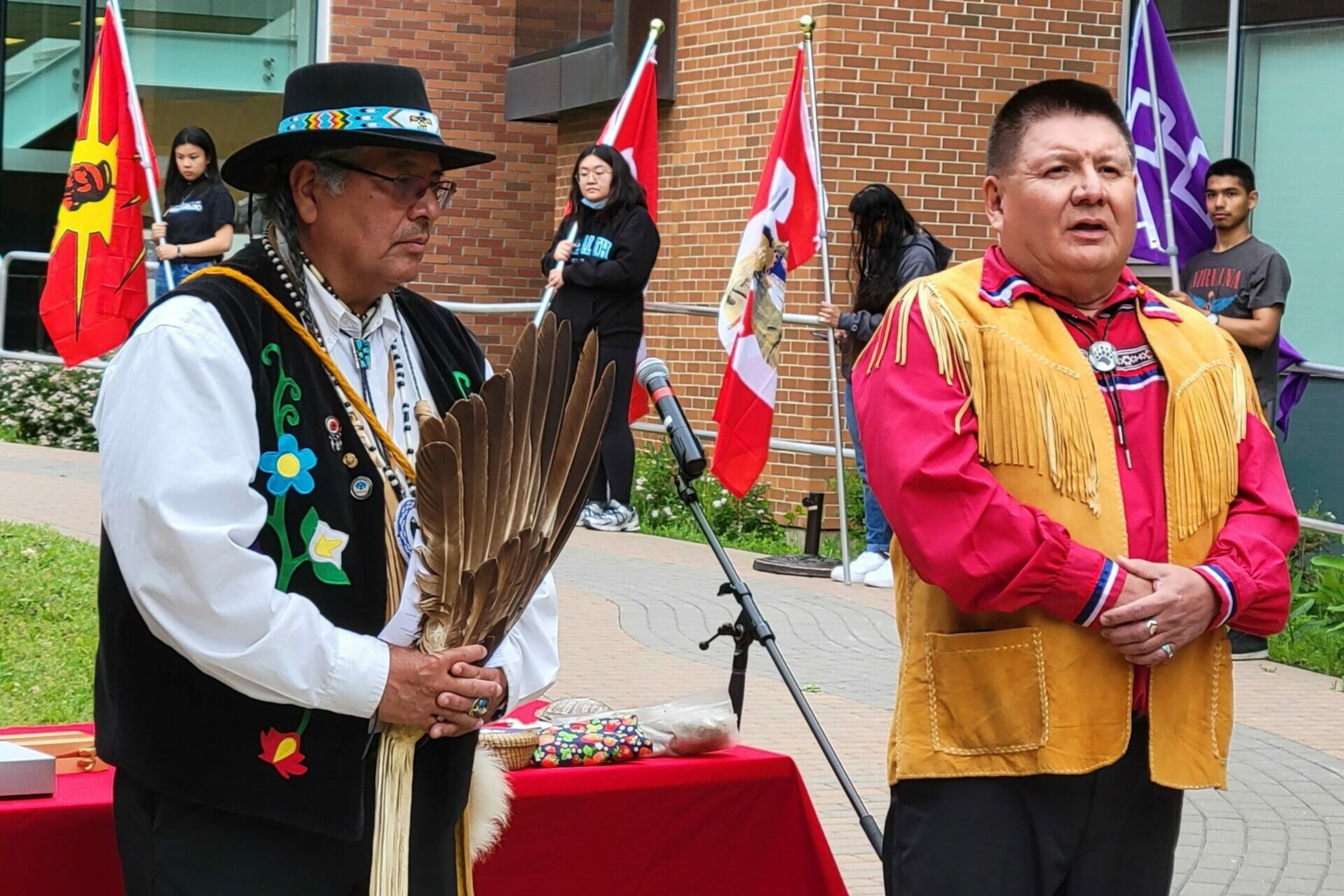
As an Indigenous Ambassador, Long-term Development Advisor, and team member for the Physical Literacy with Indigenous Communities project at Sport for Life, Greg Henhawk is actively involved in educational programs and initiatives designed to engage Indigenous people in sport and physical activity. SIRC sat down with him to discuss how Indigenous ways of knowing and doing can inform an approach to sport that encourages physical literacy and lifelong sport engagement.